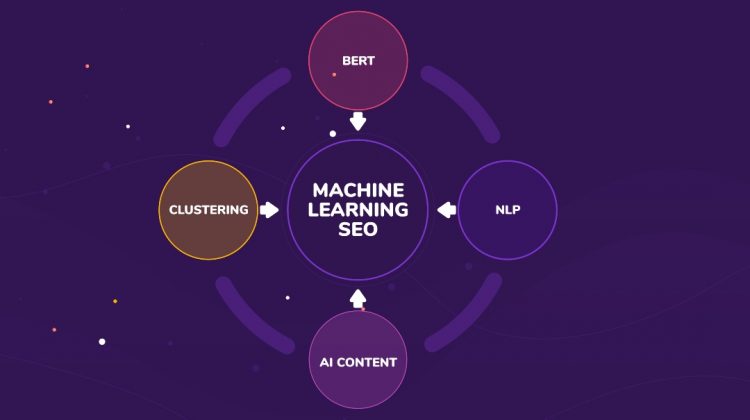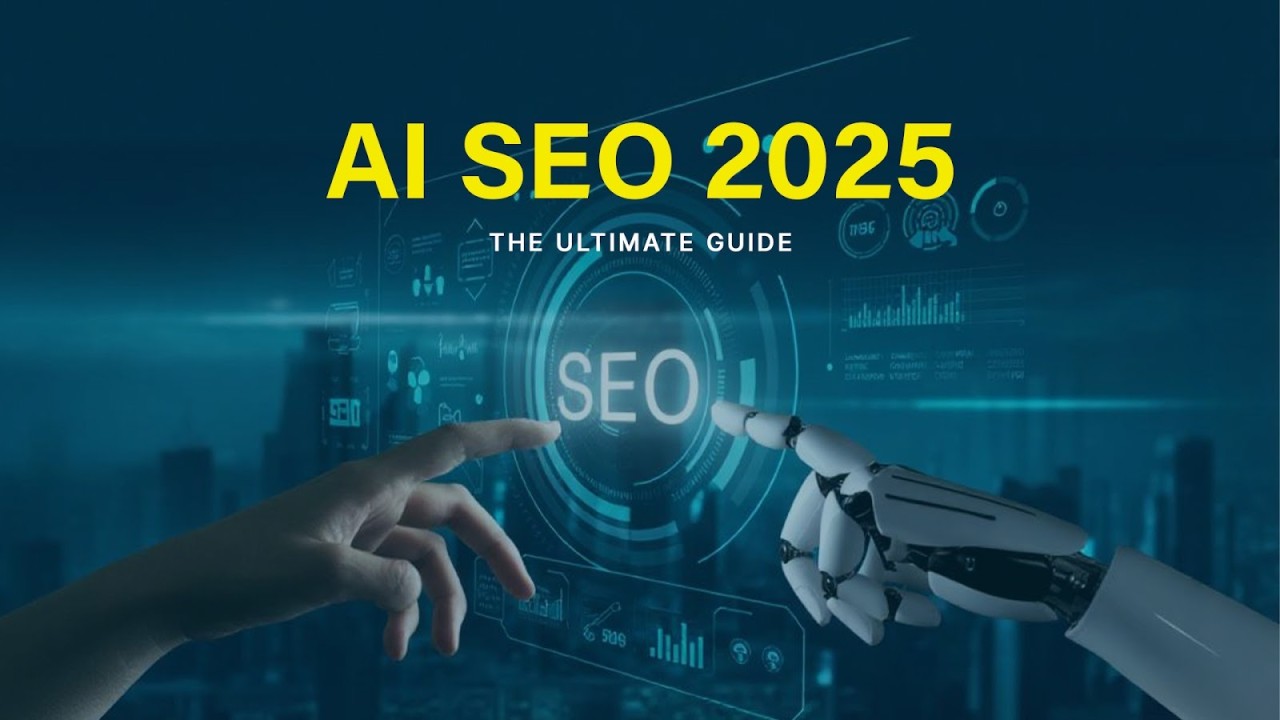Let’s be honest—SEO isn’t what it used to be. Back in the day, you could stuff keywords, drop a few backlinks, and voilà, you were climbing the ranks. But 2025? Things are different. Search engines have gotten smarter. User intent matters more than ever. And honestly, if you’re not thinking about AI and machine learning (ML), you’re already behind.
Here’s the deal: AI isn’t just a buzzword. It’s reshaping SEO from the ground up. Machine learning algorithms are now able to understand context, interpret search intent, and even predict trends before they go mainstream. Imagine having a tool that can tell you what people will be searching for next month, instead of what they searched for last year. That’s the power we’re talking about.
Understanding AI and ML in SEO
First, let’s clarify. AI is like the brain, ML is the part of the brain that learns from experience. Together, they’re changing how we approach search engine optimization. Instead of manually analyzing data for hours—ugh, who wants that?—AI can process mountains of data in seconds.
For instance, Google’s algorithm updates in recent years, like BERT and MUM, are essentially AI at work. They focus on understanding natural language, context, and even the subtle nuances in your content. That means your old-school keyword stuffing tricks? Yeah, not going to cut it anymore.
Predictive Analysis: The Game Changer
One of the coolest things about ML is predictive analysis. Think of it like having a crystal ball for SEO. AI tools can analyze past search trends, competitor strategies, and even social signals to predict what topics are likely to explode. You can then optimize content before the competition even notices.
Here’s something to think about: Instead of creating content that ranks for last month’s popular keywords, you can now focus on tomorrow’s hot searches. It’s like being one step ahead in a race where everyone else is still tying their shoes.
Content Optimization Gets Smarter
We all know content is king—but AI is turning it into a chess grandmaster. AI tools can analyze top-performing content in your niche and suggest improvements. Things like readability, semantic relevance, keyword placement, and even tone of voice can be optimized.
And here’s the kicker—AI can personalize content recommendations for different user segments. For example, if your blog targets both beginners and advanced users, AI can help tailor content to satisfy both, boosting engagement and dwell time.
Automating Routine SEO Tasks
Let’s be honest, some SEO tasks are a drag. Meta tags, image alt texts, internal linking—it’s tedious. Machine learning can automate these without sacrificing quality. Some advanced AI tools even crawl your site to detect broken links, duplicate content, or thin pages, then suggest fixes.
It’s like having a tireless assistant who never sleeps, never complains, and always remembers where you left off.

Voice Search and AI: A Perfect Match
By 2025, voice search isn’t just a gimmick—it’s mainstream. And here’s the thing: AI is perfectly suited for optimizing for it. Voice queries are conversational, longer, and context-heavy. ML algorithms can analyze these queries, help you identify natural phrasing, and suggest content tweaks to rank better for voice search.
So, if you’re still ignoring voice optimization, you’re missing out on a huge chunk of traffic. Seriously, people talk to their devices more than they type now.
Keeping an Eye on User Behavior
AI doesn’t just help you rank; it helps you understand your audience. Machine learning can track user behavior, engagement patterns, and even predict churn. With this insight, you can tweak your SEO strategy dynamically.
For example, if AI notices users leaving your site after the second paragraph, it might suggest changing your content structure, improving readability, or adding visual elements. It’s like having a continuous feedback loop that keeps improving your strategy.
The Human Element Still Matters
Here’s the catch: AI is powerful, but it’s not a replacement for human creativity. Algorithms can suggest, predict, and optimize, but they can’t replicate authentic human experience. The best results come when AI tools support human decision-making, rather than replace it.
Think of AI as your co-pilot. You’re still driving the plane, but now you’ve got someone handling navigation, weather checks, and fuel efficiency.
Final Thoughts
If you’re serious about SEO in 2025, ignoring AI and machine learning is like trying to win a Formula 1 race on a bicycle. Not impossible—but painfully slow. Leveraging these technologies helps you predict trends, optimize content, automate mundane tasks, and understand your audience on a whole new level.
Start small. Experiment with AI tools for keyword research or content optimization. See what works. Learn from the data. And remember: SEO is a marathon, not a sprint. But with AI in your corner, you’ll be running faster and smarter than ever.

